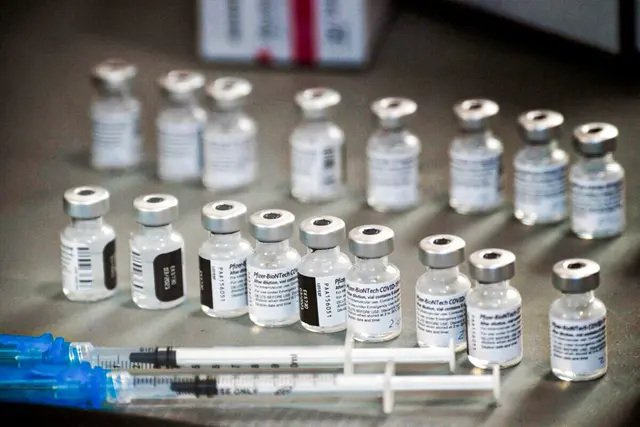Most Americans eligible for a COVID-19 bivalent booster chose not to get it, and researchers say they now know why.
Previous research found that over 80 percent of Americans eligible for the booster decided against it. A new survey administered between February 13 and March 29 of nearly 2,200 Arizona respondents, averaging 53 years old, revealed why those who chose to forgo the booster did so in the fall of 2022.
Those who shied away from the shot reported doing so for five main reasons. Nearly 40 percent said they had already been infected with the COVID-19 virus. Over 30 percent were concerned about vaccine side effects, and 28.6 percent felt the bivalent booster would not provide more protection than the doses they had already received. About 23 percent were either concerned about vaccine safety or believed the extra dose would not protect against a COVID-19 infection. Twelve percent said they didn’t think the booster would protect them against severe disease or death.
The new findings,
published in Vaccine, are worrisome to the study’s primary author, Elizabeth Jacobs, a professor of epidemiology at the University of Arizona’s Mel and Enid Zuckerman College of Public Health with a doctorate in nutritional sciences.
“Our results indicate that many people don’t know that a booster provides additional protection even if they have already been infected or that the effectiveness of prior boosters wanes over time due to new variants,” Ms. Jacobs said in a news release.
Additional Reasons People Declined the Shot
The other less common reasons people declined the booster were that survey participants:
- Didn’t know they were eligible.
- Didn’t know the shot was available.
- Didn’t have time.
- Didn’t know where to get it.
- Didn’t realize it was a new booster after seeing the advertisement.
- Were concerned about taking time off from work to get it.
- Were concerned about the cost and how to pay for it.
The data also showed survey respondents provided different answers based on their personal characteristics. Those younger than 53, women, Hispanics, and those less educated and reporting a lower income were less likely to get the booster.
Does the Booster Provide Extra Protection?
COVID-19 is continuously evolving. But the question remains: Does the bivalent booster provide added protection against the virus?
The bivalent booster has received mixed reviews. The updated shot is intended to protect against both the original COVID-19 strain and the omicron variant, and the
National Institutes of Health (NIH) claims it is “significantly more effective than the original boosters at preventing hospitalizations and death from COVID-19.”



